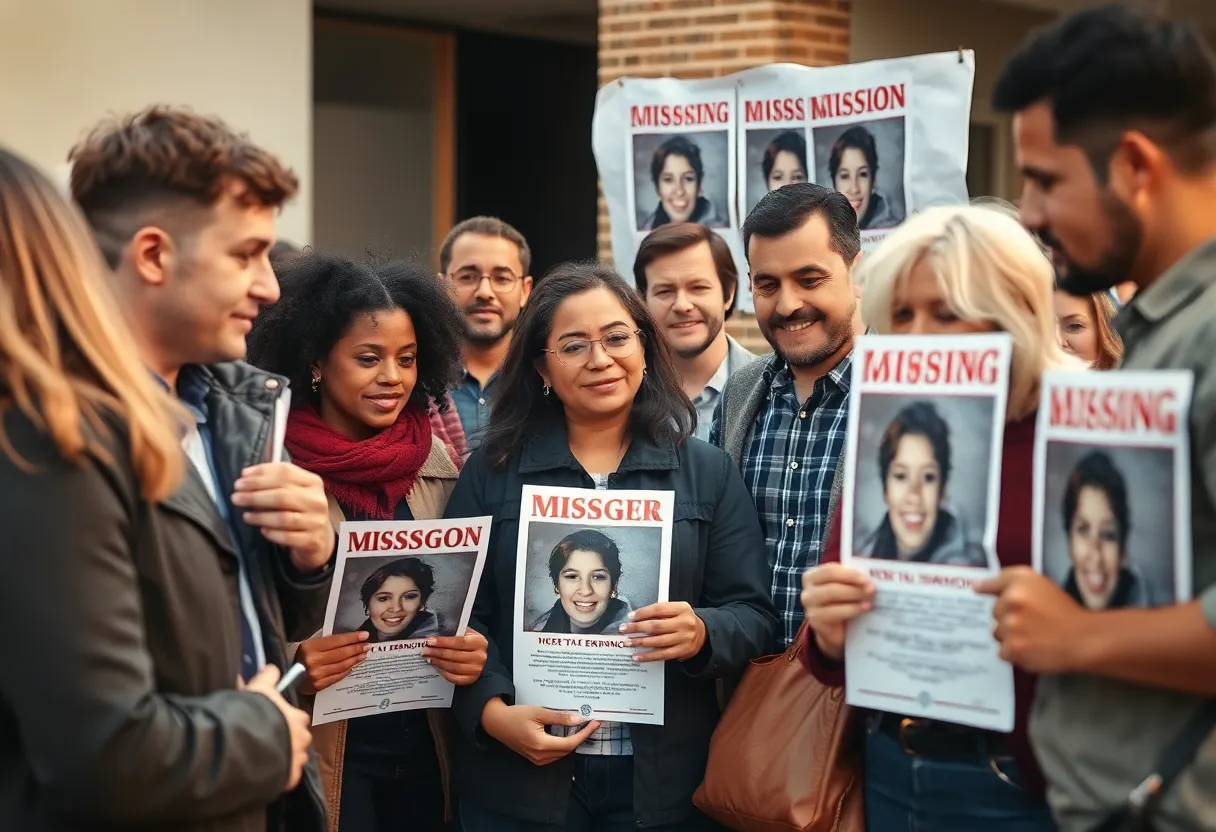Amsterdam Explores Controversial Asylum Plan
Amsterdam, the capital city of the Netherlands, is currently considering a controversial proposal to send rejected asylum seekers from Africa to Uganda. The country’s trade and development minister shared this information on Wednesday, indicating that the plan is still in its early stages and has not been finalized.
Details of the Proposal
The Dutch government is seeking ways to manage the ongoing challenges of immigration and asylum applications. This new proposal aims to address the backlog of asylum cases by possibly relocating individuals who have had their requests denied. The idea is to send these rejected asylum seekers to Uganda, a country that has previously accepted refugees from various African nations.
According to the trade and development minister, this approach is part of a broader strategy to enhance cooperation with African countries. The minister emphasized the need for a fair and humane process while recognizing the complexities involved in international policies regarding asylum seekers.
Reception from Advocacy Groups
The plan has sparked immediate reactions from various advocacy organizations and human rights groups, who have raised concerns about the treatment and rights of asylum seekers. Critics argue that relocating individuals to Uganda, a country with its own challenges regarding human rights and refugee treatment, could lead to further vulnerabilities for these people.
Human rights advocates remind the government that Uganda has faced its own issues regarding the integration and treatment of refugees. They point out that any plan to send rejected asylum seekers there must prioritize the safety and well-being of those individuals. The concerns echo previous criticisms of similar policies in other European nations, where relocating asylum seekers has been seen as a way to sidestep commitments to provide refuge.
The Bigger Picture in Europe
This proposal in the Netherlands comes amid a broader discussion in Europe about how to effectively manage migration and asylum requests. Many countries have seen an uptick in people fleeing conflict and instability in their home nations, leading to increased pressure on immigration systems.
In response, various European nations have begun seeking partnerships with countries in Africa. The aim is to create a more organized process for asylum applications and potentially share the burden of accepting refugees. However, these conversations often come with ethical dilemmas concerning the treatment and rights of those seeking refuge.
Next Steps for the Netherlands
As of now, no official timeline has been provided for when the Dutch government will make a decision on this proposal. The ongoing debates within the parliament will likely shape how this plan evolves and whether it will move forward. It will be crucial for the officials to carefully consider public opinion, the concerns of advocacy groups, and the potential ramifications of such a decision.
The minister has indicated a commitment to transparency throughout this process, promising that discussions will include various stakeholders, including human rights organizations. This step is seen as essential to ensure that any final decision aligns with both human rights standards and the country’s responsibilities toward asylum seekers.
Conclusion
The idea of sending rejected African asylum seekers to Uganda raises important questions about immigration policy, human rights, and the responsibilities of nations towards individuals seeking safety and a better life. As the Netherlands navigates this complex issue, it will be crucial to balance national interests with international humanitarian standards. The outcome of this proposal may set a precedent, influencing how other countries within Europe approach similar challenges in the future.







